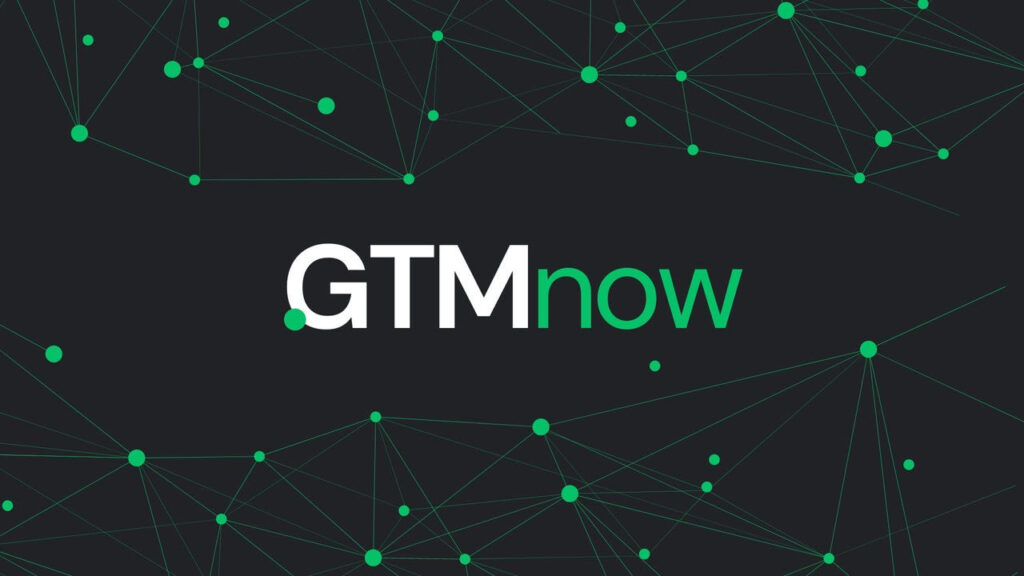Having the right tech stack for your business is often the difference between success and failure, and this is even more true for startups and SMB, where you have a small team and limited resources.
But with the rapid advancement of tech and so many options on the market, choosing the right technology for your sales team can seem like a tall mountain to climb.
That’s why we at Bowery Capital have put together The Startup Sales Stack Report.
So, if you’re building a startup sales stack from scratch or just trying to update yours for 2021, you’ve come to the right place.
What Is the Startup Sales Stack Report?
At Bowery Capital, we have a lot of experience helping startups develop their tech and leverage those tools as they go to market.
Several years ago, we decided it was time to give back. We aggregated our team’s learnings into a single place, so other startup stakeholders could use them as a guiding framework for founders and sales leaders evaluating their sales stack.
Thus the Startup Sales Stack Report was born.
This year, in collaboration with G2, we investigated hundreds of tools in a variety of categories to find the ones we think are most critical to success in today’s sales world.
So, let’s get into a few of the biggest takeaways from the report.
The Effects of Work-from-Home on the Tech Market
The WFH dynamics that emerged from COVID-19 played a huge role in the rise and fall of certain software categories.
Coaching and performance management tools take center stage
Among those that we looked at, sales coaching and sales performance management showed the largest surge across a number of KPIs such as web presence, user reviews, and employee growth — with adoption being the highest at 77%
And based on our interviews and research, this spike in adoption isn’t a temporary fad but seems to be a long-lasting change as users begin to acknowledge the added value of digital support.
The rise of email template builders
Throughout the last 12 months, a newly added category, Email Template Builders, grew substantially (especially in the startup space).
It’s likely that this is, at least partially, due to the move towards remote selling as a consequence of the pandemic and WFH. As more selling moves to email and zoom, template builders can save teams (especially small startups) a lot of time and money.
These are products like Klaviyo, Constant Contact, and Omnisend. They allow users to build themed templates for specific industries with simple drag-and-drop HTML editors.
Tools like this have a short go-live-time of less than a month on average and demand little or no support from vendor/third-party service teams. This gives them a relatively fast payback period of around 9 months. On top of that, they boast large employee adoption rates of around 70%.
It’s no wonder they’re an attractive addition to add to the software portfolio of those companies focusing on personalization at scale.
It’s time to buy in
As budgets tighten, users have become more selective in software spending. So, retaining existing customers will be key for vendors to withstand these turbulent times.
This means greater flexibility, shorter billing cycles, subscription pauses, or creative discounts for longer contracts.
This means it’s never been a better time to take the leap and try a new technology that has the potential to revolutionize your sales.
This isn’t likely to be a long-term change, but without a clear end to the pandemic in sight, these budgetary concerns are likely to continue well into 2021, at least.
How Sales Orgs Are Thinking About Their Tech Stack
Vendor consolidation
Today, we’re seeing a continuous trend of vendor consolidation across multiple software categories.
This trend is primarily being driven by six key players — Hubspot, Salesforce, Freshworks, Outreach, PandaDoc, and SalesLoft.
It’s worth noting that three of these — Hubspot, Freshworks, and PandaDoc — are finding significant adoption among SMBs with less than 50 employees.
In fact, over two-thirds of their total users are startups.
This benefits you, the sales leader trying to develop their sales stack in two large ways — reduced cost (in most cases) and reduced risk.
Implementation time
Average go-to-live time of the tools we looked at can vary wildly, from as little as a few weeks with sales engagement software to 6 months or more with things like configure price quote software (CPQ).
This can have profound effects on your success as an org. Knowing what sort of an investment you’re making and when you can begin to see results is invaluable, especially when budgets are tight.
Let’s look at the implementation time of some CRMs we highlight in the report, as they are often the centerpiece of a sales stack.
On average, CRM software has a setup time of around 2 months, but even that can differ quite a bit between tools. Zendesk Sell takes around 2 weeks on average, and Microsoft Dynamic 365 Sales is closer to 14 weeks.
Bonus Takeaway: NPS Scores
Net promoter score is a great litmus test to see if a tool is worth the investment.
E-Signature, Proposals, and Partner Management software currently have the highest average net promoter scores (NPS), all above 70/100.
The individual products leading the ranking are:
- Everflow (Partner Management), with a score of 97
- Formstack Sign (e-Signature), with a score of 96; and
- Contract Works (Contract Management), with a score of 95.
Everflow has also been voted as the best for support, while Contract Works stands out for its ease of use.
If you want to see the full NPS scores for all the tools we looked at, you can access the full report here.
Build Your Stack Better Than Ever
With the right team and the right tech stack, five people can feel like fifty. And when you’re a small company with a small team that can make the difference between becoming the next unicorn or fading into obscurity.
So, check out the 2020 Startup Sales Stack Report, start upgrading your tech stack, and give your team the best chance at success.
We welcome any feedback or suggestions for the next go-around so that we can use them to improve our report for future years. Thank you, and enjoy!







